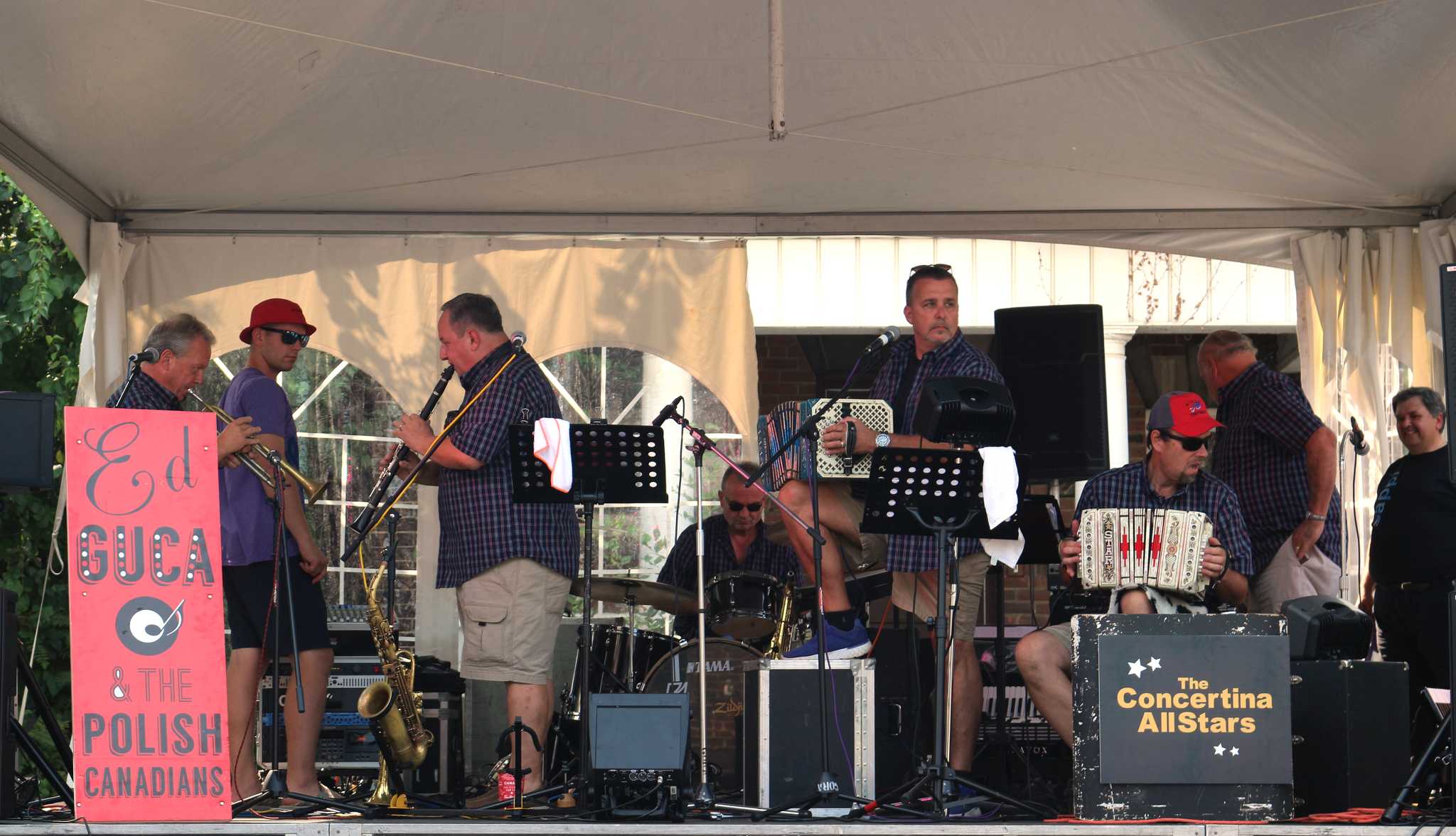As I’ve noted before, even a personal-sized slice of the universe is much too complicated for us to be able to perceive it’s true and total reality – therefore it is necessary for us to make up vastly simplified stories to tell ourselves about our experience, so that we can not only decide on their meaning, but then use that meaning as a lesson of some sort, to do better in the future. So – total accuracy is an unrealistic expectation – but – if we make our stories too wonky, we can end up learning the wrong sorts of things, and getting way off track.
Countries are just the same – and just as we live inside personal myths which we construct day-by-day as we live our lives, we also live inside local, regional, cultural and national myths. The national ones are especially tricky, because there is often one heck of a lot of power or money to be won from a nation at large, when a well-crafted distortion is widely adopted.
Strange as it may sound to some, the dominant myth we’re still living inside right now goes all the way back to the second world war – and one of the best ways to discover some of the kinds of truth-lessons which have been hidden (stolen) from us, is to look a tiny bit further-back still – to the Spanish Civil war.
For those unfamiliar with the story, the Spanish people elected a socialist government, the rich decided they didn’t like the idea of obeying the democratic will of their own population, so they sent away for an especially nasty Spanish general named Franco, who was stationed out of the country at the time. Franco was a fascist – openly, proudly, triumphantly – and he lead much of the Spanish military in a war against it’s own civilian population.
Already a seriously screwed-up situation in every way – and when you consider that one standard poli-sci definition of a nation is ‘that which holds monopoly over the legitimate use of force within it’s borders’ the spilt was even more fearsome – one side with legitimacy and no force, one with force and no legitimacy.
Enter the foreign contingents – Germany and Italy sent official military support – and Germany in particular used this deployment to perfect essential blitzkrieg tactics, as well as making huge leaps in air combat organization and doctrine.
You would sort of assume that England, France, the US and others would send military aid to defend a civilian government elected in a fair vote by the people of a fellow democracy. They did not – quite the opposite – in most cases they banned any sort of support to either side (pretending that not arming the side that already had guns, was a way of being fair and neutral because you were also not arming those being slaughtered by them).
And yet, citizens went anyhow – volunteers, often risking a criminal charge when they returned, for participating in a conflict not deemed copacetic, by the ruling powers of their own home nations. Malraux wrote about this magnificently in ‘Man’s hope’ (which I strongly recommend to all). Orwell wrote about it heartbreakingly, in ‘Homage to Catalonia’. And Hemingway did some of the most sublimely-torqued American writing of all time about his own experiences there.
The Soviets were left as the only state power willing to officially do anything substantial to oppose the fascists. But they were not the heroes that they might have been – this was a period of especially intense paranoia in Stalin’s life – he ‘purged’ (jailed or shot) a huge proportion of the experienced and professional officer corps of his army, just before WWII, for fear that someone talented might lead a coup against him – and Franco’s example can only have increased his fear.
Every plane or gun the Soviets supplied, came with ‘political officers’ and conditions which mean essentially, surrendering much control to them. Some parts of the front were more willing to do this than others (and the fact that the anti-fascist Spanish republicans were NOT of a single persuasion, makes their resisting a trained and well-equipped military even more impressive). There were trade-unionists, anarchists, socialists, communists, democrats, progressives – a huge range of belief-systems (and huge cooperation problems, as a result). Yes, there really were syndicalist units, where they took a yea-nay vote, before every attack! (Strategically ruinous, of course – but what a scene that must have been – imagine the will behind a unanimous yes-vote!)
And right in the middle of this chaotic mess, came one of the most exquisite lessons that human beings have ever taught each other – also one of the two big reasons that to this day, no one wants anyone thinking too hard about the lessons of Spain.
In a large section of the industrial north, anarchists (not smashers, mind you, but working-class intellectuals who were serious about proving government to be obsolete) actually did the thing that everyone always says is impossible. They kicked-out the shareholders and the ownership-class, and they ran the whole damn thing themselves! Factories, city infrastructure, transport – you name it – thanks to a huge investment of effort on organization, reasoning and training, for many decades previously, the workers took the reigns of power at every level with confidence and high competence – and they rode beautifully!
Not so beautifully as to be able to stop Stuka dive-bombers and light armour with antique biplanes and irregular infantry – but that was certainly no fault of theirs. Given adequate support, early enough in the conflict, the whole world might have been illuminated by this striking and practical example of entirely free-association organized people-power. As it was, Stalin wanted it killed-off just as badly as the wealthy classes in England, France and the US. Nobody wanted the workers getting the idea that they could ditch the leash and do much better without their masters – nobody.
Meanwhile, a certain failed Austrian painter watched all of this with first disbelief, then a growing sense of contempt, and ultimately absolute glee. There before his eyes was proof that the decadence, disorganization and moral hypocrisy of the great powers was even more pronounced than he hoped – to him, our nations were outright inspirations for the Nazi conquest. “Who,” he famously joked, “would die for Danzig?” (Gdansk)
Every one of the heroic and victorious allied powers which was to sacrifice (and kill) in the millions, in the coming war had told Hitler in no uncertain terms – “The will of the people? We do not care in the slightest for the will of the people, except insofar as necessary in order for us, their betters, to be able to deceive and rule them.” The people chose right – our elites did NOT.
They ALL solidly backed (and yes, financed) fascism and the rights of capital, instead of democracy, and the rights of the citizens to be represented.
And when those incredible individuals who travelled to Spain to help a people fight a fascist army returned home – you know what charge they faced? PAF – Premature anti-fascist. (Well okay, Fascists may be evil after all – but you’re still not allowed to oppose them, until we’ve officially decided-that for you). Contrast this, if you will, with the philosophical standard we demanded, post-war, of Nazi individuals – “Even if you have clear and direct cause to fear for your life – you must still and always act your conscience. No excuses.”
We don’t often see the curtain pulled back this far. But as Malraux said after the war “We have Spain in our hearts.” You can be right, and still lose. And you must never confuse the ultra-elite classes with the nation itself. They have no loyalty to us, our highest aspirations or founding principles, only capital.
And they’d sooner burn the whole thing to the ground, than cede actual power to the (democratic, remember?) citizenry. (Sound like anywhere familiar to you?)
¯\_(ツ)_/¯










